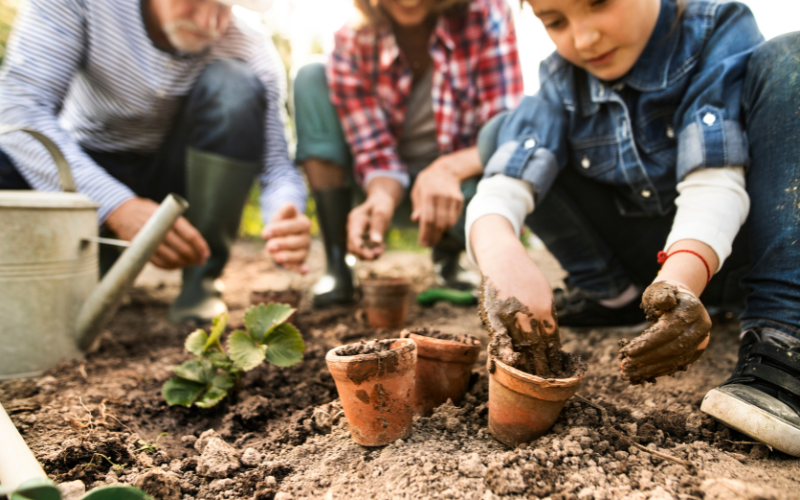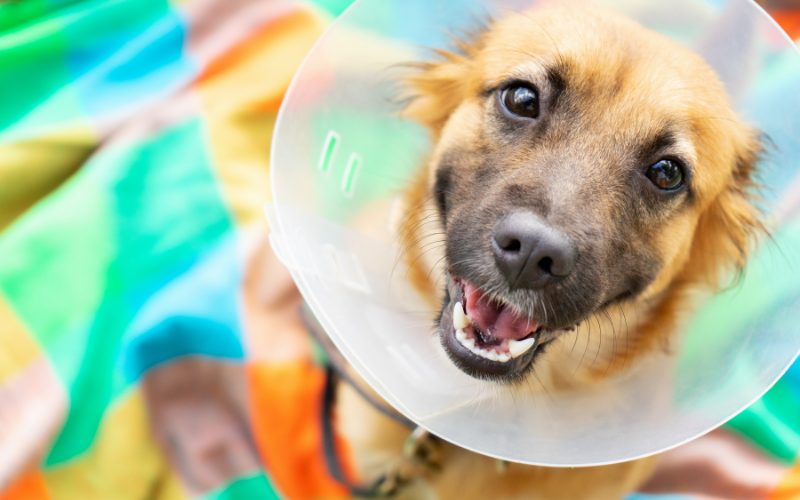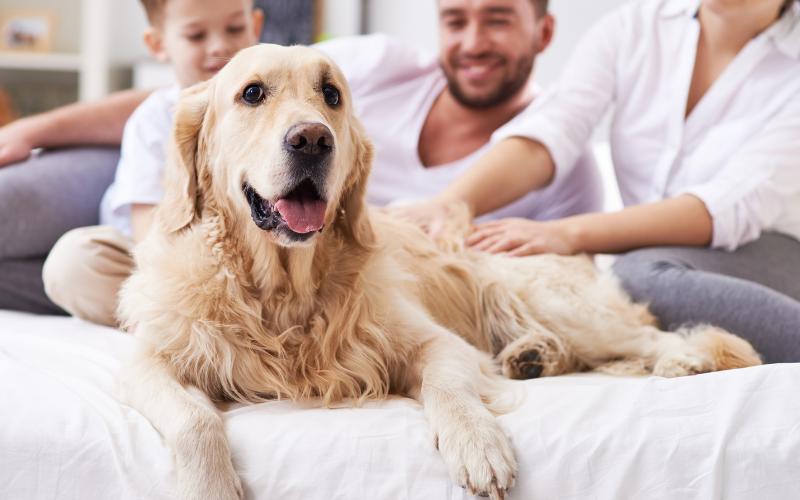The bond between humans and dogs is unlike any other in the animal kingdom, transcending mere companionship to encompass deep emotional connections. This relationship, centuries in the making, has seen dogs evolve from wild wolves to beloved family members. Pets RIP, a service deeply committed to honouring the life of every pet, reflects on this remarkable journey, offering insights into how dogs have become integral parts of our families and our hearts.
The Origins of Domestication
The history of the dog as a domesticated animal dates back thousands of years, with evidence suggesting the domestication of wolves occurred between 20,000 to 40,000 years ago. Early humans and wolves entered a mutually beneficial relationship, with humans providing leftover food and wolves offering protection and assistance in hunting. Over time, this relationship facilitated the evolution of wolves into domesticated dogs, selectively breeding traits that were beneficial or desirable, such as tameness, loyalty, and an ability to understand human gestures and commands.
Dogs in Ancient Civilizations
As civilizations developed, so did the role of dogs within society. In ancient Egypt, dogs were revered, often depicted in art and considered sacred to certain deities. They served various roles, from guardians to hunting companions, and were even mummified and buried with their owners, highlighting their significance beyond mere animals to cherished family members.
Similarly, in ancient Rome and Greece, dogs held esteemed positions, symbolizing loyalty, vigilance, and trustworthiness. The famous Greek philosopher, Plato, once said, “A dog has the soul of a philosopher,” acknowledging the profound understanding and connection dogs have with humans.
The Middle Ages to the Victorian Era
During the Middle Ages, dogs’ roles expanded further, becoming integral in protection, herding, and as status symbols among the nobility. By the Victorian era, the concept of pet-keeping had begun to resemble what we recognize today, with dogs being kept for companionship within the home, leading to the development of many of the breed standards and kennel clubs that exist today.
The Modern Dog: A Family Member
Today, dogs are considered full-fledged family members, sharing our homes and, often, our beds. The evolution of dogs into household pets reflects broader societal changes, including smaller family sizes and an increased focus on the emotional and psychological benefits of pet ownership. Dogs provide unconditional love, companionship, and comfort. They have been shown to improve our physical and mental health through stress reduction, increased physical activity, and providing a sense of companionship that combats loneliness.
Pets RIP acknowledges the profound grief that accompanies the loss of such a cherished family member. The services provided by Pets RIP reflect an understanding of the deep bond between pets and their families. This bond, developed over thousands of years, is a testament to the unique place dogs hold in human society and our hearts.
Conclusion
The history of dogs, from wild wolves to cherished family members, is a fascinating journey of evolution, shaped by mutual benefit, affection, and companionship. As our societies have grown and changed, so too has the role of dogs within them, culminating in the deeply emotional bonds we share with them today. Pets RIP honours these bonds, recognizing the significant role dogs play in our lives and the deep sense of loss their passing brings. The story of dogs is not just about domestication but about how they have become irreplaceable parts of our families and our lives.





